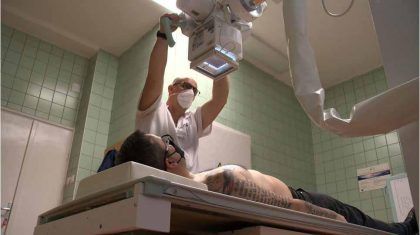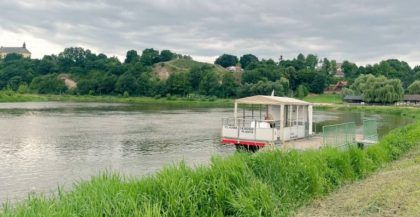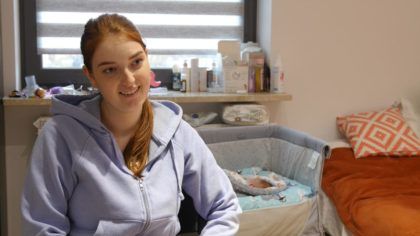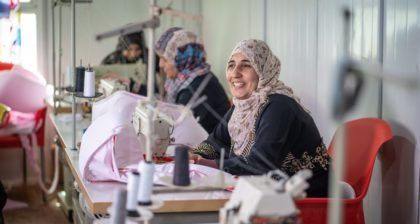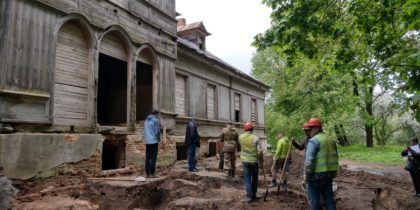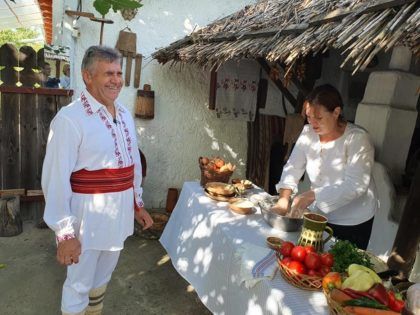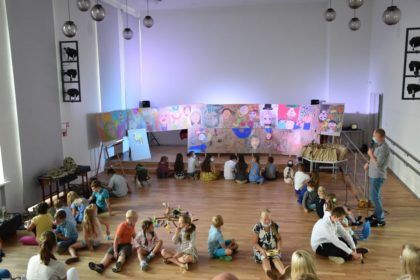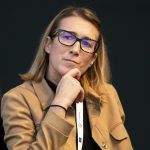
We learnt how well we can handle obstacles when joining forces
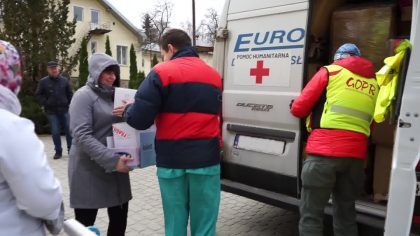
Holding on to a partnership
Regular work plans have been blown up: the war in Ukraine has overturned the rail of cross-border cooperation in the East. But how have projects reacted? What have they decided to do, and how? This is the first of a series of reportages – including videos, pictures, and interviews – on the response of the ENI CBC community to the crisis unleashed by the Russian assault on Ukraine. Because for one neighbour attacking another, there is a third one opening the border to save the fleeing women and children. And we start precisely in Poland with SOSRescue, a project originally planned to train mountain rescuers, and suddenly thrown into the emergency by supporting a population on the run.
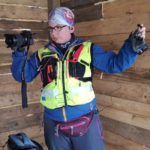
"I don’t tell my family I'm driving aid to Ukraine"

“Eco-tourism? Let villagers tell the story”
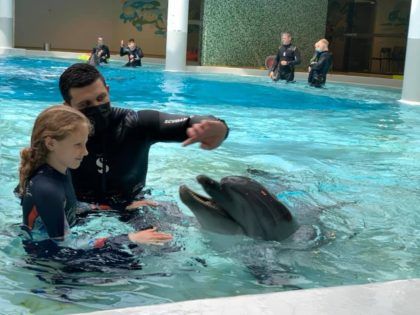
Breaking barriers in children rehabilitation
A holistic approach and an early intervention can change a child’s future. Children with psychomotor disorders, psychiatric or behavioural issues often show a complex of symptoms that need to be addressed as soon as possible and from different points of view. However, it is not easy. Parents are afraid of the diagnosis; they do not recognise some of the symptoms as relevant or they get lost in the vast amount of information. As a result, these children are often left out of the system and then it may be too late. That’s what the BREAK project is changing in the Lithuania-Russia cross-border region: breaking the barriers in children rehabilitation, creating a safe place where they can be orienteered and treated from different perspectives, where they benefit from early diagnosis and intervention. In a word, trying to offer them a better future.
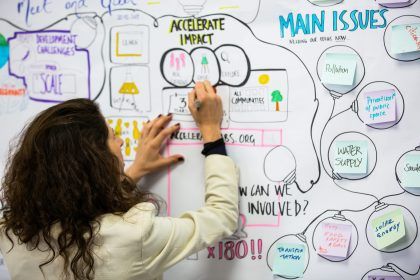
The green economy potential to engage marginalised youth
In recent years, the transition from education to work has become more prolonged and unpredictable. In fact, due to different and successive crises, many young people find themselves neither in employment nor in education and training (NEET). And youth with little or no education is highly marginalised, and increasingly far from jobs. At the same time, there is still an unexploited potential in green economy: environment protection can provide the base for new work opportunities. Combining these two fields – the social and the environmental – is the purpose of the RESMYLE project, which aims at the socio-professional integration of young people into the job market.
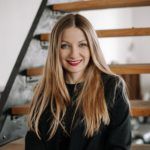
“Everything is in your hands”
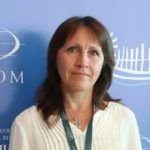
Preserving the unique wooden architecture of Fennoscandia
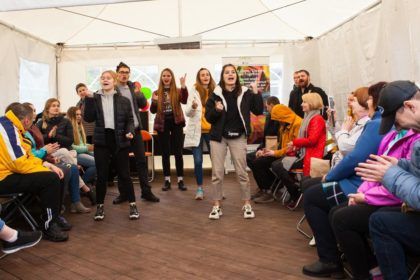
CULTURE OPEN – Speaking the unique language of culture
“Culture is probably the best way to integrate migrants and people with disabilities in our cities. There is no need to speak. People usually dance and sing about the same things. Culture is the best way to reach someone’s heart and build trust”. Migrants and people with disabilities are two quite different types of groups. They have different needs and concerns. However, they often face the same challenges: the feeling of isolation, feeling unheard or not integrated in society. Culture Open is a project, financed under ENI CBC Karelia programme, that aims at engaging socially vulnerable groups in the cities of Petrozavodsk (RU) and Joensuu (FI) by making them feel the protagonists in the cultural life of the cities.
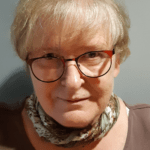
"The young Belarusian teacher was teaching the Polish autistic child and they could understand perfectly. This was unexpected to me: I could see that cooperation in this matter really makes sense"
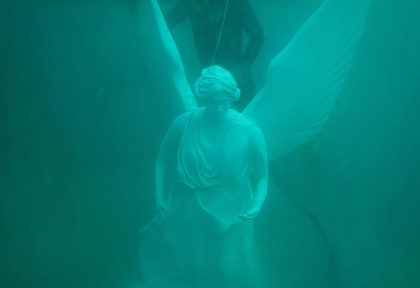
Flippers and diving masks to enjoy the underwater museum of the Black Sea
Vessels, buildings, statues, artefacts, sites, even human remains: this is all “underwater cultural heritage”, defined by UNESCO as human traces with cultural, historical or archaeological character, that have been under water for at least 100 years. Definitely, a heritage worth preserving and object of interest for the most curious minds. The ENI CBC TREASURE project has put the underwater remains of the Black Sea Basin at the centre of its efforts. The initiative – financed under the ENI CBC Black Sea Basin programme – focuses on fascinating sub-aquatic archaeological rests, and offers a unique experience as an alternative to traditional tourism.
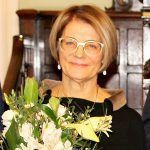
Green farmers conquering shelves with IT
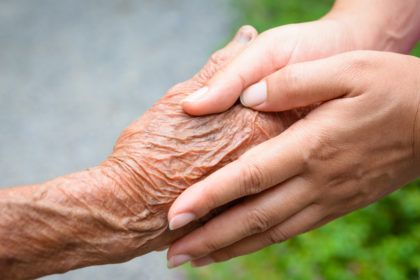
TEC-MED: No elderly alone
In the Mediterranean, elderly people have been particularly hit by COVID-19. The media attention has been much riveted to them but mostly as a risk group on a medical level. Isolated and lonely more than ever due to social distancing and confinement, in this unprecedented period they eminently need adequate care, both social and psychological. Emotional support, social involvement, scientific research: tackling the pandemic, an EU-funded project TEC-MED develops solutions to find some relief for older people.
